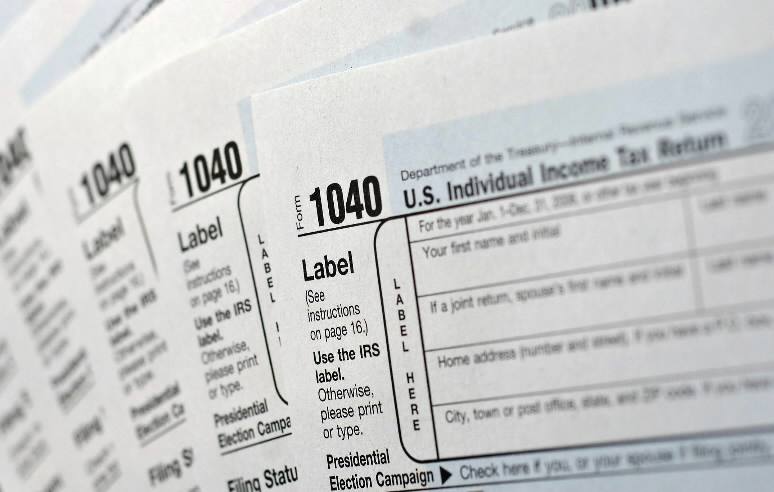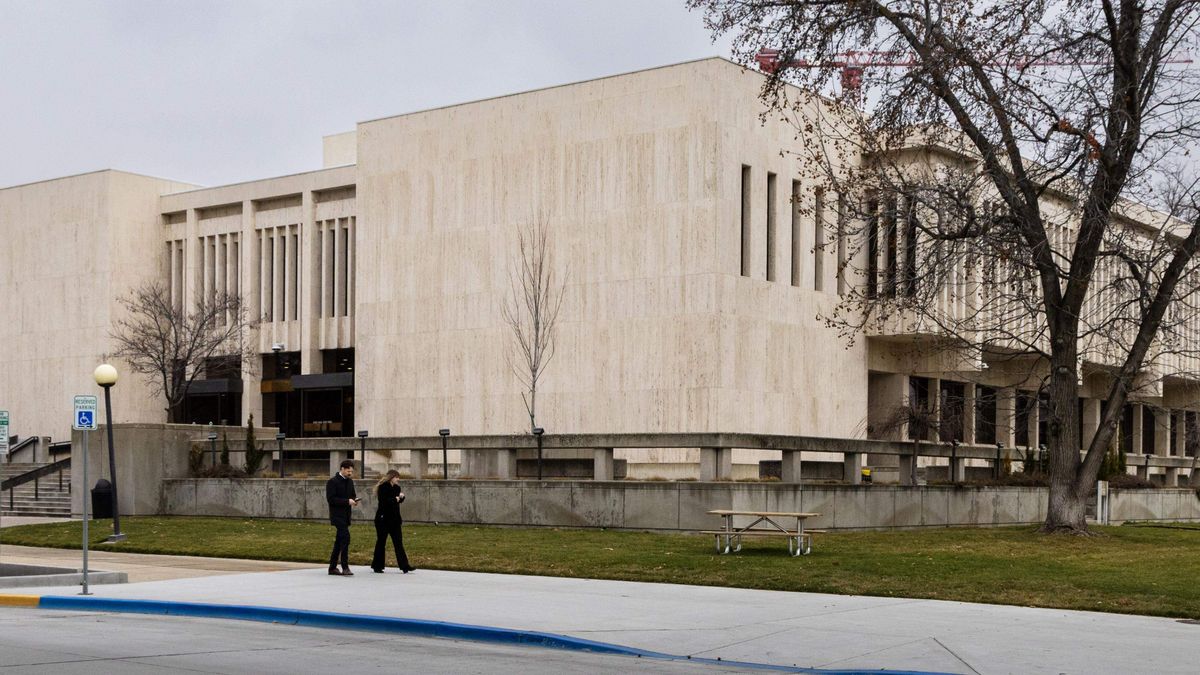The closing bell for filing 2013 income tax returns rings at midnight for filing 2013 tax returns.
The Internal Revenue Service expects all taxpayers to file by the April 15 deadline each year — even if they are not able to pay all the taxes they owe by the due date.
By law, the IRS can assess penalties to taxpayers for failing to file a tax return and for failing to pay taxes. But the failure-to-file penalty is generally higher than the failure-to-pay penalty.
“A lot of people are surprised to find out the penalty is greater if they don't file their taxes on time, even if they can't pay,” said Jordan Niefeld, a certified public accountant at the Gerstle Rosen & Goldberg accounting firm in Miami
“People should not assume just because they can't pay they have the right or choice to take their time about it,” he said. “It's an urgent matter when you owe the IRS. You are not dealing with family members or a friend.”
The penalty for filing late is normally 5 percent of the unpaid taxes for each month or part of a month that a tax return is late. That penalty starts accruing the day after the tax filing due date and will not exceed 25 percent of unpaid taxes
Anyone who doesn't pay their taxes by the tax deadline will normally face a failure-to-pay penalty of 1/?2 of 1 percent of their unpaid taxes. That penalty also applies for each month or part or a month after the due date and starts accruing the day after the tax filing due date.
“The IRS will work with you,” Mr. Niefeld said. “If you timely request an extension of time to file your individual income tax return and paid at least 90 percent of the taxes you owe with your request, you may not face a failure-to-pay penalty. However, you must pay any remaining balance by the extended due date.”
Taxpayers who file their return more than 60 days after the due date or extended due date face a minimum penalty of $135 or a maximum penalty of 100 percent of any unpaid tax. But there is no penalty for filing or paying late, if the taxpayer can show reasonable cause, such as a natural disaster.
“The IRS will get what they are owed one way or the other,” Mr. Niefeld said. “You can't hide from the IRS forever.
“The IRS will encourage an individual to borrow on their credit cards or take out a home equity loan to get paid. The IRS doesn't care how they are legally paid. They just want to make sure they are paid and paid first. That's an important realization for taxpayers.”
If you're due a refund, you're in luck. Penalties for filing late federal tax returns apply only to people who owe money.
Tim Grant: tgrant@post-gazette.com or 412-263-1591.
Copyright 2014 – Pittsburgh Post-Gazette
Thanks for reading CPA Practice Advisor!
Subscribe Already registered? Log In
Need more information? Read the FAQs
Tags: Income Taxes, IRS, Software, Taxes




